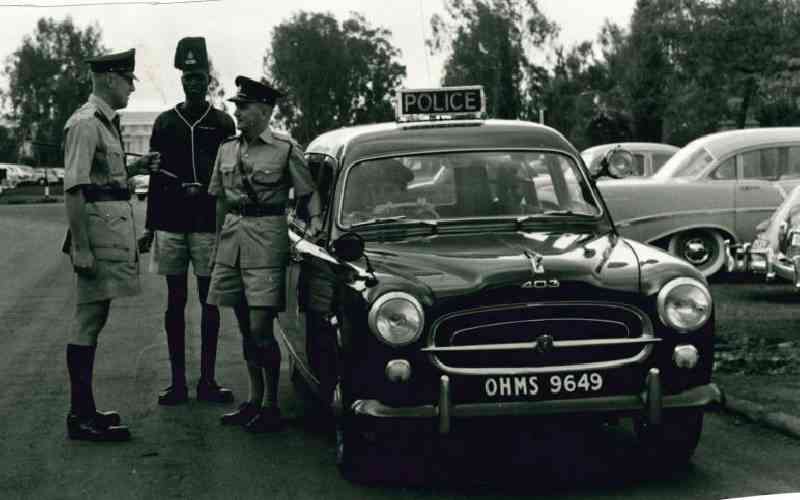×
The Standard e-Paper
Kenya’s Boldest Voice

The unforgiving Turkana sun has no antidote for an angry pharmacist whose authority has been questioned. In the forgotten north where few government officers wanted to serve, one tough man, a Nairobi medic turned administrator, lorded over it for 12 years and introduced harsh rules.